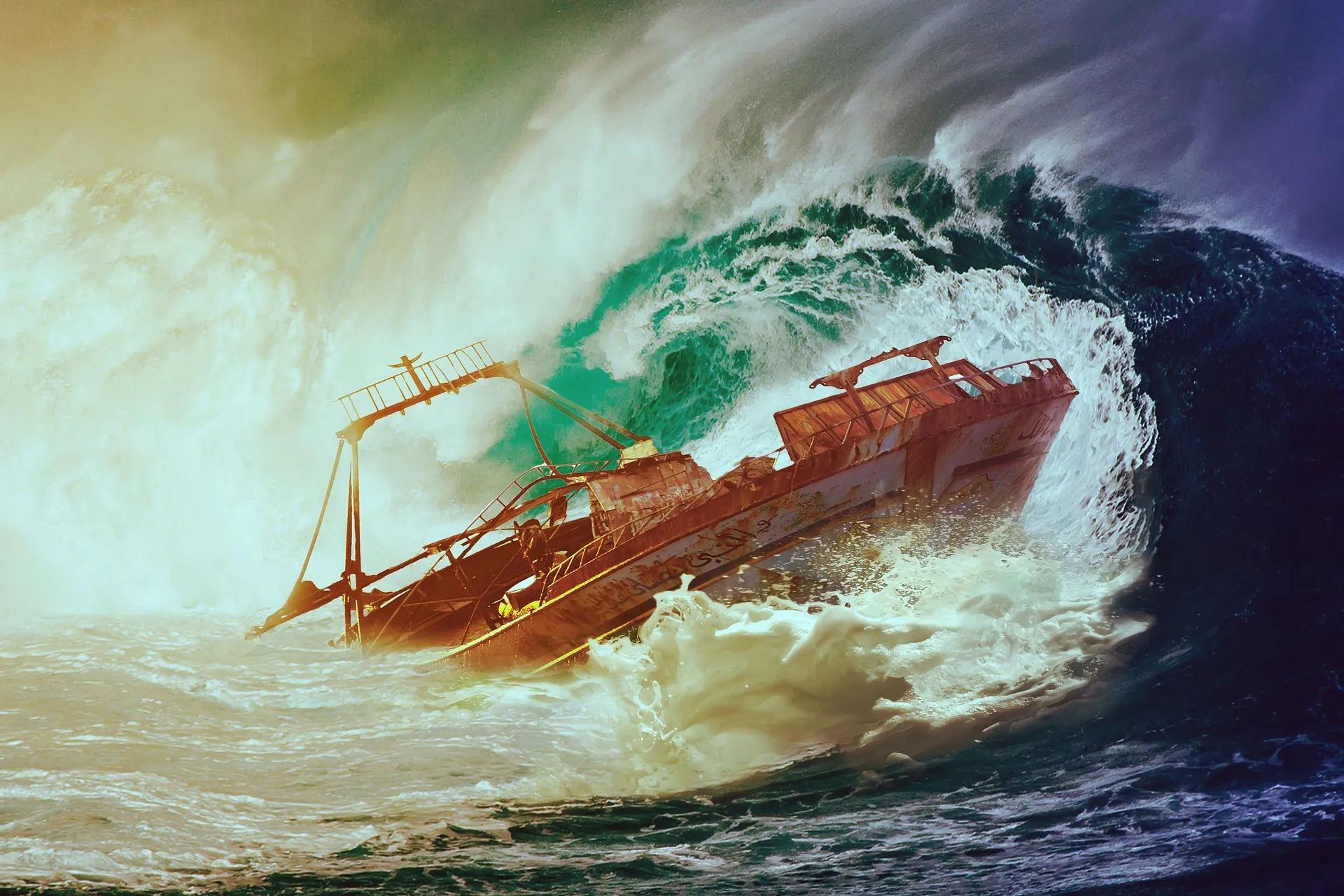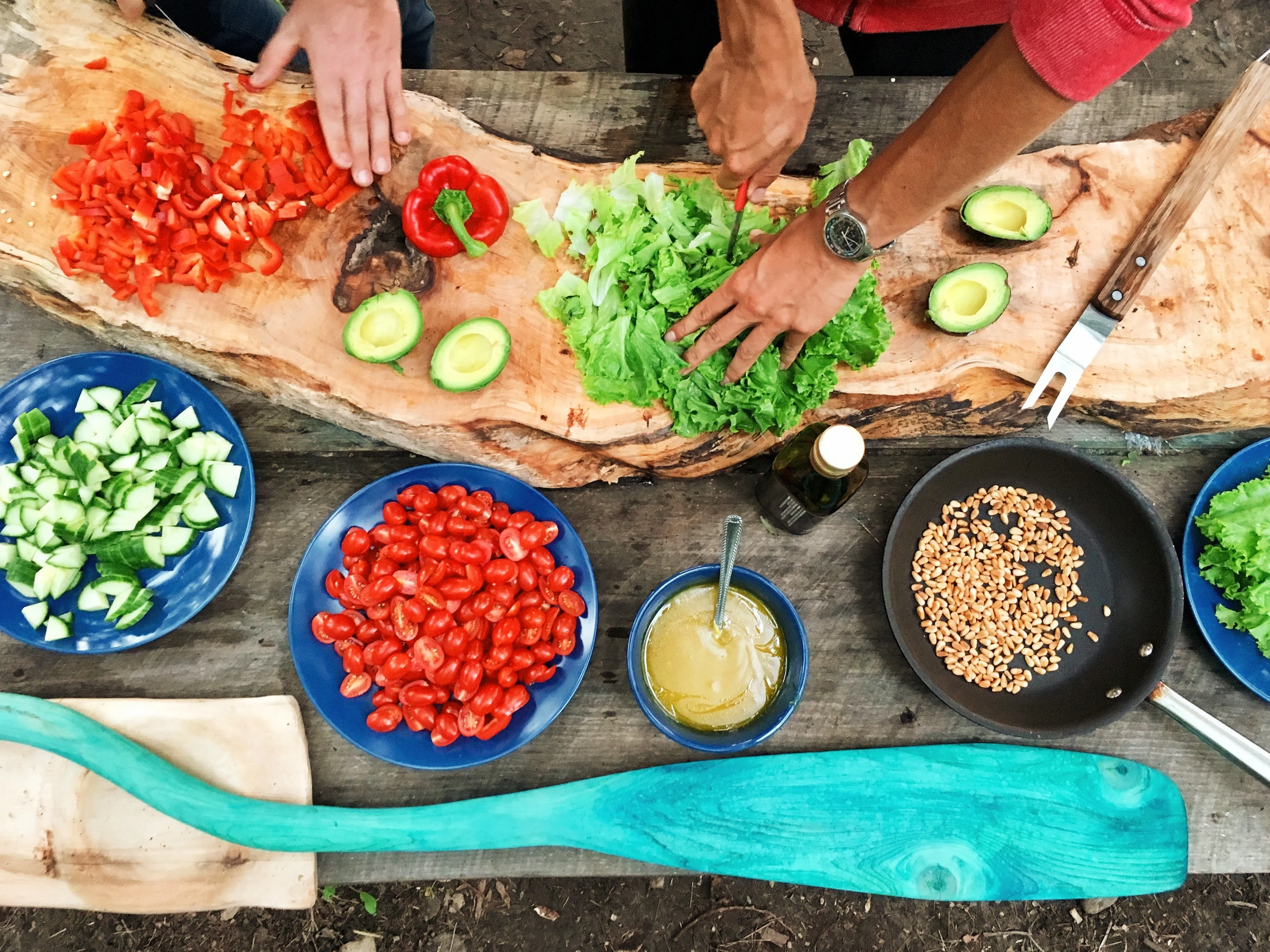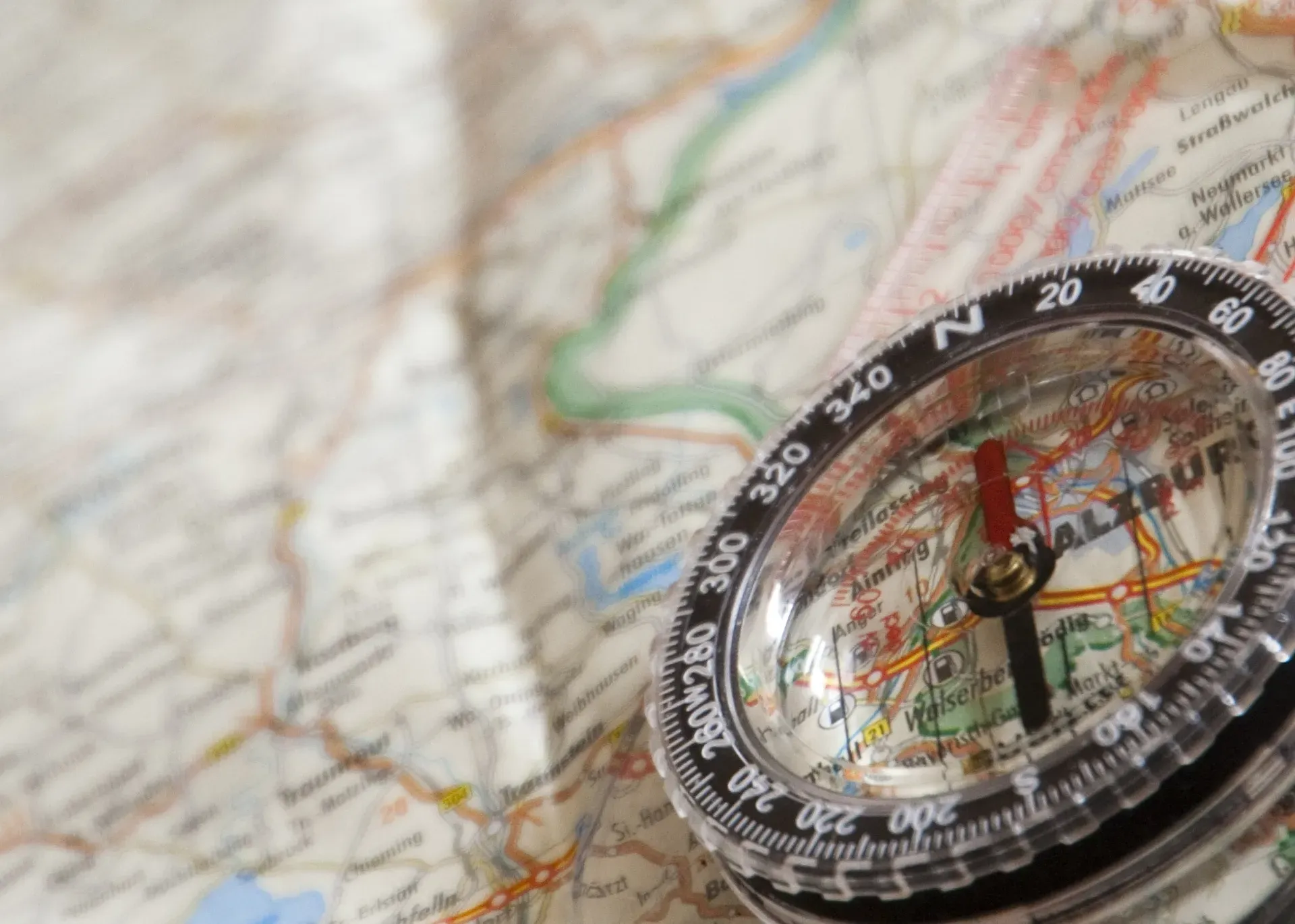Build Hope Learn Joy?
What is family resilience and how does it relate to all these resources?
Way Back When...

When I first became a therapist I found that I was often frustrated (right along with my clients) because so much of what people were struggling with was entirely preventable. I wanted to take a time machine back a few years and teach them “just a few simple things” so that they could steer their relationships away from the rocks they were crashing on. I knew that relationship experts had identified mindsets and basic skills that build strong, resilient, deeply fulfilling relationships but in the middle of a crisis learning and practicing these skills was incredibly difficult.
I very quickly figured out that I wanted to spend my time teaching all those skills that people could use to build long-lasting, deeply connected relationships. The sort of relationships that would help them weather the storms of life and grow closer as they overcame obstacles. So I took all the experience I had learning about everything that could go wrong in a relationship and used it to learn about everything that can go right.

We Learn Through Joy
Along the way I learned two very important things. First, humans tend to grow from our strengths. The things we are drawn to, that we love doing, that we do a lot, that we’ve become good at, those are the things that we use most effectively to grow and to solve problems. BUT! We humans also tend to focus on our weaknesses. We know our weaknesses intimately and whenever problems arise, that is where our focus goes (and often stays). Focusing on our weaknesses blinds us to our strengths and denies us our most effective problem solving tools. The aspects of ourselves that bring us joy are the very tools we need to learn, grow stronger, and overcome obstacles.
Hope is Built
The second thing I learned is that every relationship needs a unique combination of skills/strengths to succeed. Most of us hope for better relationships, but then we put our trust in this formula or that theory or those “Top Relationship Tips” and get frustrated when our hard work feels ineffective and the results don’t really fit. True hope must be firmly grounded in reality, and the reality is that you are a unique person building a relationship with another unique person, and the work you are doing not only needs to use tools and techniques that fit your personal combination of traits and strengths, it also needs to be adapted to your partner/child and your circumstances. The only way to build true hope in a better relationship is to see yourself and your relationship clearly, both as you are and as you could be, then keep adapting what you learn so you can move toward that unique potential.
Learning to Build
So what is this website for? Well, even though it isn’t healthy to simply use someone else’s theory as a rigid template for your relationship, seeing relationships through the eyes of an expert can give us a starting place. When we understand what works, how and why, we can more easily adapt as we adopt. The skills/strengths you are learning will become much more meaningful when you see them used in context. The courses available here are meant to provide that context. Like watching a master chef can help you see how ingredients and techniques work together. Their purpose is to inform and inspire so you can create your own favorite dishes.

Each course will center around one or two particular experts’ viewpoints, but with additional insights from complementary theories which clarify why or how something works or add specific ways to practice the skills involved. The goal is to provide a rich source of information that lets you dip your toe in or dive as deep as you want, exploring the work of relationship experts and seeing new ways to make these skills just right for you. This is where you figure out where you want your relationship to go and find out how to get there.

Relational Cartography

In order to have thriving, resilient relationships people need to:
Understand relationship skills, what they are and how they work (get the big picture)
See clearly what their strengths are (map their own relationship)
Find out how to make their unique relationship what they want it to be (plot out their route)
I spent years combing through the work of the best relationship experts, reading the research, and digging into theory after theory until I compiled a list of all the skills people use to make their relationships great. That list is being turned into a website (relationshipstrengths.org) full of information that will help people learn and understand relationship skills. You can think of this as a master map of what’s possible. I am also working on various tools people can use to map out their own particular relationship strengths/skills. This is the essence of relational cartography, helping people see where their relationship strengths are and where it’s possible to grow. Specific tools for identifying your relationship strengths will eventually also be available online (strengthsmap.com).

